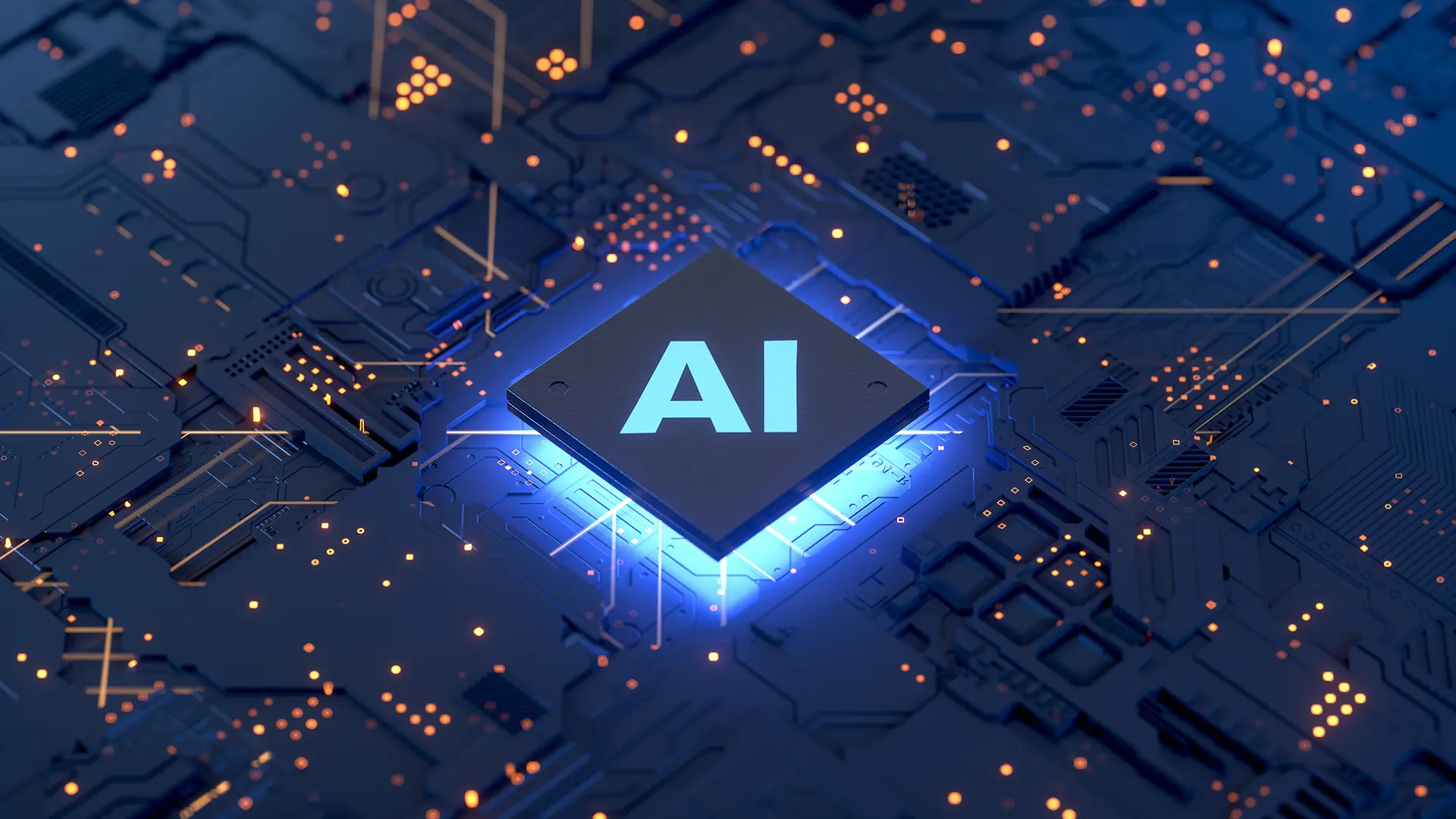Artificial intelligence (AI) is rapidly advancing, transforming industries and our daily lives. But what does this mean for the humble app? While some experts predict AI may spell the end of apps as we know them, others believe AI will breathe new life into the app world.
Key Highlights
- AI is changing how we interact with technology. AI-powered chatbots and virtual assistants change how we get information and complete tasks.
- Apps may become less central. We might use AI tools directly rather than opening individual apps.
- AI could supercharge existing apps. Apps could get smarter with AI-powered recommendations, content creation, and automation.
- Privacy and security concerns remain. Increased reliance on AI within apps raises important questions about data use and protection.
The Rise of AI-Powered Interfaces
One of the biggest shifts AI brings is conversational interfaces. Chatbots and virtual assistants like ChatGPT and Google’s Bard let us ask questions and get things done in a natural way, using everyday language. These AI interfaces could reduce our reliance on navigating multiple individual apps. Instead of opening an app to book a restaurant, we might just ask a virtual assistant to do it for us.
Death of the App? Not So Fast
While some anticipate the decline of the app, others believe apps have a bright future in an AI-powered world. Apps could become smarter and more personalized. Imagine a fitness app that uses AI to tailor workout plans perfectly for your goals, or a news app using AI to curate a feed specifically for your interests. AI has the potential to streamline tasks within apps and make them much more useful.
Developer Perspectives:
-
- Quote app developers about the challenges and opportunities of integrating AI into their apps.
- Ask them if they’re worried about the “app decline” or excited about the potential AI holds.User Experience (UX):
- Analyze how the rise of conversational interfaces affects app design. Will apps need less complex menus and structures?
- Could AI help address accessibility issues, making apps usable by a wider range of people?
Challenges and Considerations
As AI becomes more integrated into our technological landscape, there are important considerations:
- Privacy and Data: How will increased AI integration within apps impact how our data is used and protected? Transparency and ethical AI practices are essential.
- Bias and Transparency: AI models can learn and perpetuate biases. Ensuring AI systems used within apps are fair and transparent is crucial.
- Over-Reliance: Will we become too reliant on AI to make decisions? It’s important to maintain critical thinking skills and understand AI’s limitations.
The Future: AI and Apps Coexisting
The future of apps likely involves a hybrid model. AI-powered interfaces will offer convenience for many tasks. At the same time, apps are not going away. They’ll evolve, becoming smarter and more intuitive, leveraging the power of AI to give us better, more personalized experiences. Instead of disappearing, apps will adapt to an AI-infused world.
Adaptability is Key
The impact of AI on apps is undeniable. While some apps may struggle to adapt and thrive in the changing landscape, those that successfully integrate AI to provide unique value and user experiences will have a significant edge. The app world won’t vanish, but its form and function will evolve alongside artificial intelligence.



















